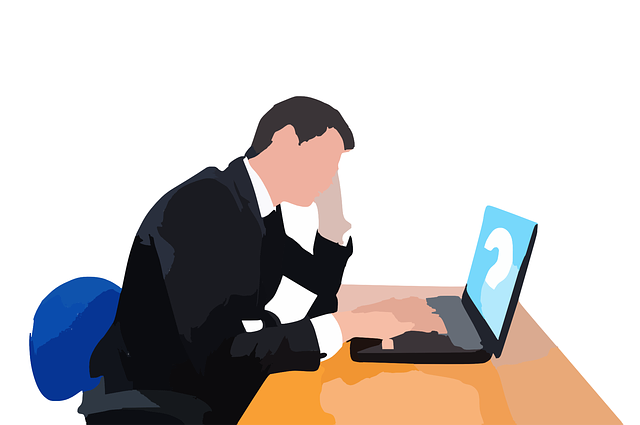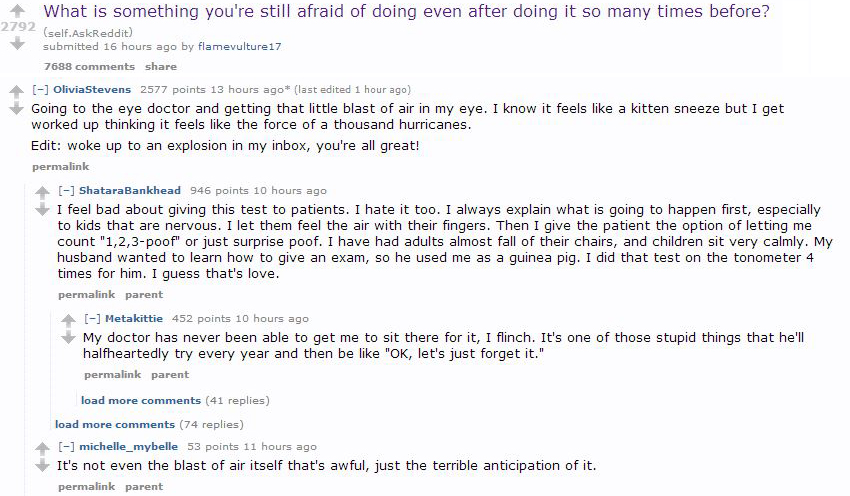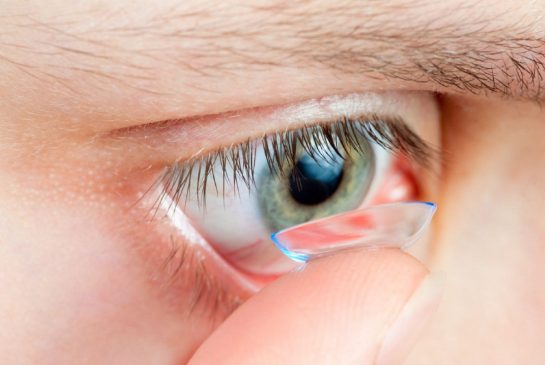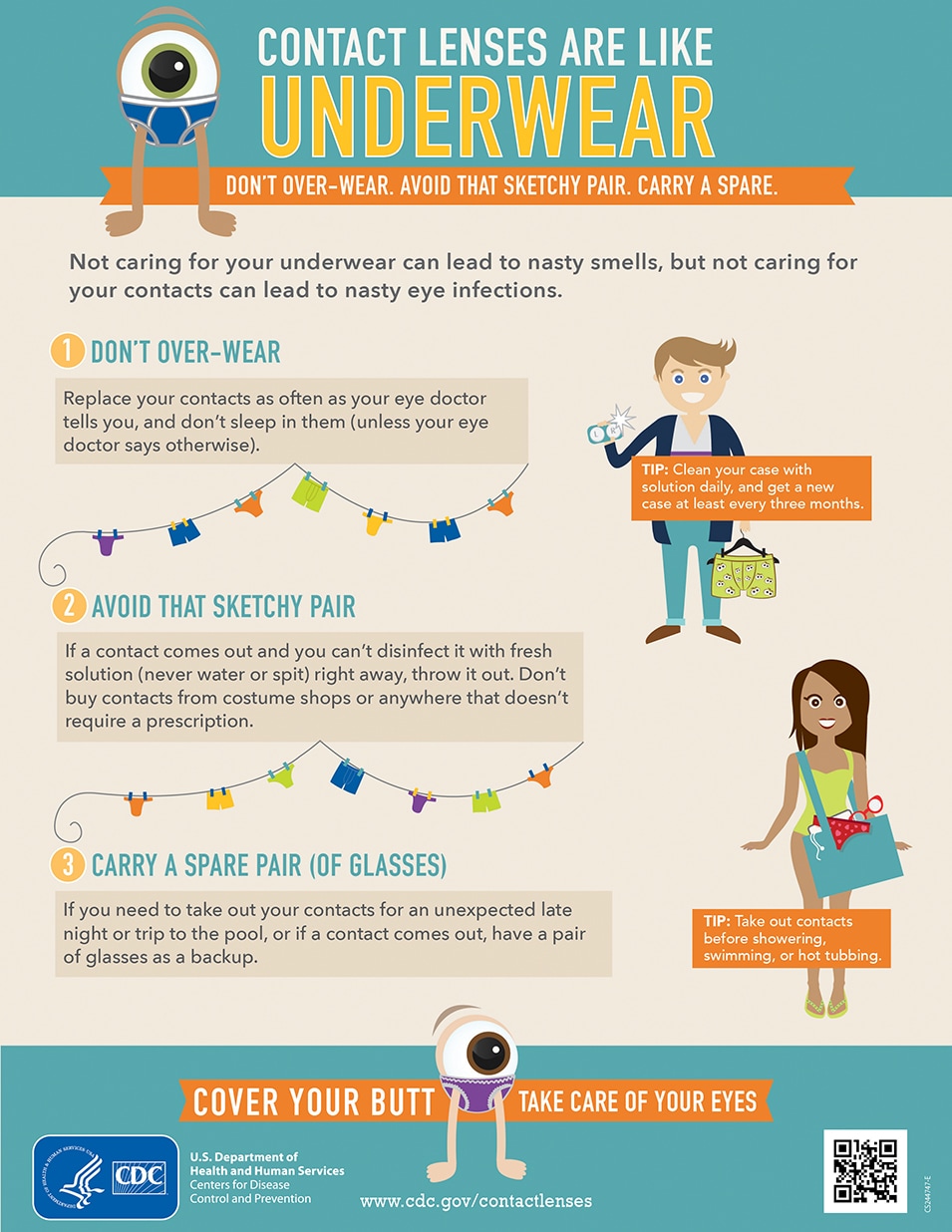Tired Eyes At Work
Do your eyes feel tired and uncomfortable after a long day at work or studying? Eye strain is very common if you spend long periods of time staring at a computer screen without taking proper breaks. Even people who have “perfect vision” and don’t normally need glasses can have symptoms with prolonged computer use.
Common symptoms of Computer Vision Syndrome:
- Eye strain
- Headaches
- Double vision
- Red, irritated or dry eyes
- Blurry vision, difficulty focusing
- Neck, back, or shoulder pain
What causes Computer Vision Syndrome?
Eyestrain occurs with prolonged periods of high visual demands, especially when you are focusing up close and doing activities such as reading, writing, and using digital devices. This can be very tiring on your eyes if you don’t take the time to relax your focusing mechanism. Even a small uncorrected refractive error (such as nearsightedness, farsightedness, astigmatism) or eye teaming misalignment can affect how comfortably your eyes focus up close. Depending on your condition, you may be working extra hard to maintain a clear image, which causes strain over time.
Furthermore, staring at a computer screen or at a book all day causes people to blink about half as often as they usually do, which causes dryness because the eyelids are supposed to spread tears across your eyes to keep them moist and healthy. Dryness causes irritation and blurry vision when there isn’t a smooth surface for light to enter the eyes.
It’s hard to avoid digital screens these days, so here are some tips to prevent eye fatigue:
- Position your screen at about arm’s length away and 20 degrees below eye level
- Minimize glare on your screen by re-positioning yourself or using anti-glare filters
- Keep your screen clean and free of dust/smudges
- Remember to TAKE BREAKS! Use the 20-20-20 Rule: Every 20 minutes, look at something at least 20 feet away for 20 seconds! This is so important for relaxing your eyes
- Remember to BLINK! Everyone blinks less when staring at something, but try to be intentional about blinking. If your eyes are feeling dry, talk to Dr Lee about eyedrops to relieve discomfort.
- Make sure your glasses prescription is up to date so that you’re not working extra hard to focus
- During your eye exam, talk to Dr Lee about your computer usage. You may benefit from glasses to wear at work (even if you don’t need them usually), or if you already have glasses, ask for anti-reflective coatings which reduce glare from screens and overhead lights.
Computers are a big part of life now so it’s important to take the necessary steps to prevent eye problems and keep yourself comfortable at work!
Eye strain can also be a sign of more serious eye conditions. If it persists at any time of day (not just when you’ve been reading or using a computer), or is associated with headaches, double vision, nausea, or changes in your eyesight, please contact Dr. Lee immediately.





